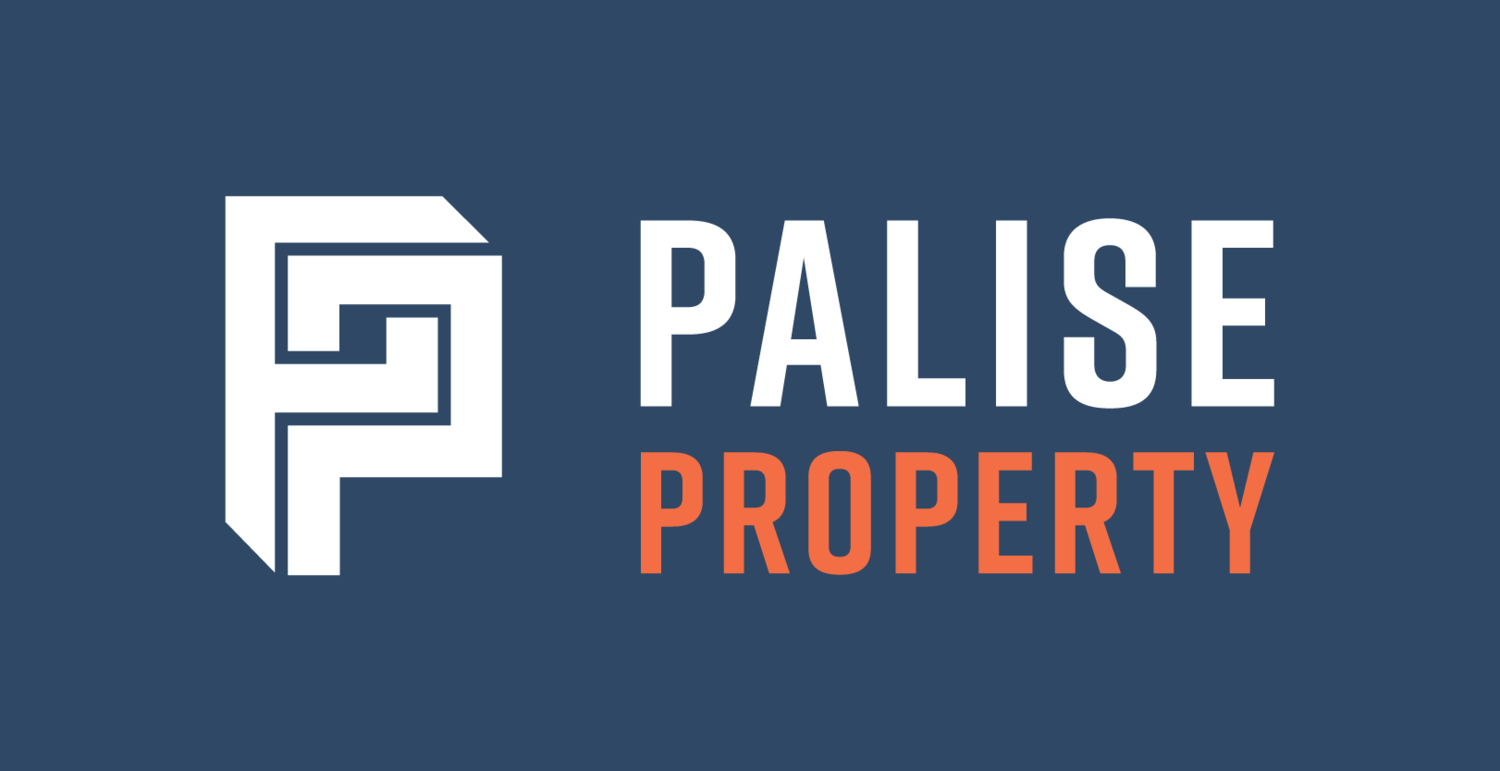9 Non-Negotiable Costs You Didn’t Realise Were on Top of the Purchase Cost of Your Investment Property
Commercial properties have some of the same purchasing costs as residential properties, but with some additions.
A rough estimate in the industry is that buying costs outside your deposit will equal about 5% of the purchase price.
Regarding deposits, some lenders offer a 65%, 70%, or 80% loan-to-value ratio, so you’d need a deposit of between 20% and 35%.
Once you’ve spoken with a commercial broker or lender and know the deposit required, you can work out your purchase price budget.
A simple way to do this is to divide your available deposit by the lender’s deposit requirements and add 5% to cover legal costs, inspections, valuations, and government taxes.
Your available deposit should not include your buffer for leftover savings. For example, say you have $150,000 to spend, and the lender requires a 30% deposit.
You also need to allow 5% for purchasing costs, bringing the total up to 35%.
If $150,000 represents 35% of the total, the maximum you can spend to buy a property will be $428,571.
So, you should look at properties costing less than $425,000.
Typical purchasing costs are:
stamp duty
goods and services tax (GST)
legal/conveyancing fees
the cost of valuation for lending approval
body corporate inspection report
the cost of a building inspection
the cost of a pest inspection
the cost of a survey.
I recommend you obtain quotes on all services before proceeding with the purchase and seek advice from a property-investment-savvy, tax-qualified accountant.
Let’s look at each of these now.
Stamp Duty
Stamp duty is a government tax on certain transactions that is generally applied when buying a motor vehicle, an insurance policy, or real estate.
Stamp duty on a property can also be known as ‘land transfer duty’. The amount of the duty varies depending on the Australian state or territory the property is in and the purchase price.
Goods and Services Tax
The sale of commercial premises can attract goods and services tax (GST). This is currently 10% of the purchase price, so it’s a significant addition to the purchase.
GST is generally imposed when a seller is registered or required to be registered for GST and is conducting an enterprise.
If you, as the buyer, are registered for GST, it can be claimed back in your next business activity statement, but the money still has to be paid upfront to the seller.
There are exemptions to the application of GST, however. For example, a seller doesn’t need to apply GST if the property is part of a ‘going concern’, which usually means an ongoing business operates after settlement.
Legal or Conveyancing Fees
Legal or conveyancing fees are paid to your solicitor and include the solicitor’s fees and the costs of the searches they must undertake for your purchase.
A solicitor’s charges for a purchase will usually range from $1,800 to $4,000, depending on the value of the property being purchased and the number of leases.
Valuation Costs
Valuation costs are incurred when you obtain financing from a lender. Lenders will only accept valuers on the list they’ve drawn up. Charges typically range from $800 to $3,000 per commercial property purchase, though they’ll be higher if the property has multiple tenants.
Body Corporate Inspection Report
If you’re buying a strata property, it’s important to get a physical body corporate inspection report. This will identify any issues with the specific lot or common property. It will also notify you of any planned special levies to be imposed after settlement.
Building Inspections
You will also pay to have a building inspector analyse the property and detect any defects. An external inspector who the selling agent hasn’t recommended is preferable, as they’ll be unbiased.
Pest Inspections
You’ll need a pest inspection, as you would for a residential property purchase. You may be able to engage a building inspector qualified to perform pest inspections. Pest inspections typically cost $200 to $500.
Surveying
If no survey is supplied with the contract of sale, it’s wise to have one done. Your solicitor or the selling agent should be able to give you a list of surveyors in the area.
Other Fees
In addition to the fees already mentioned, there are usually some small miscellaneous fees such as registration and bank fees.
Key Takeaways
Spending the right amount of money on your property purchase and being aware of all the costs involved will go a long way towards ensuring you can make the best investment.
From allowing enough money for repairs and maintenance to taking into account accounting fees and inspection costs, looking out for these nine non-negotiables will certainly save you from headaches in the future.
You may put in more money than you initially planned, but remember that it will be worth it in the long run.
If you would like more information on this topic, check out our best-selling commercial property investing book or get in touch today.
